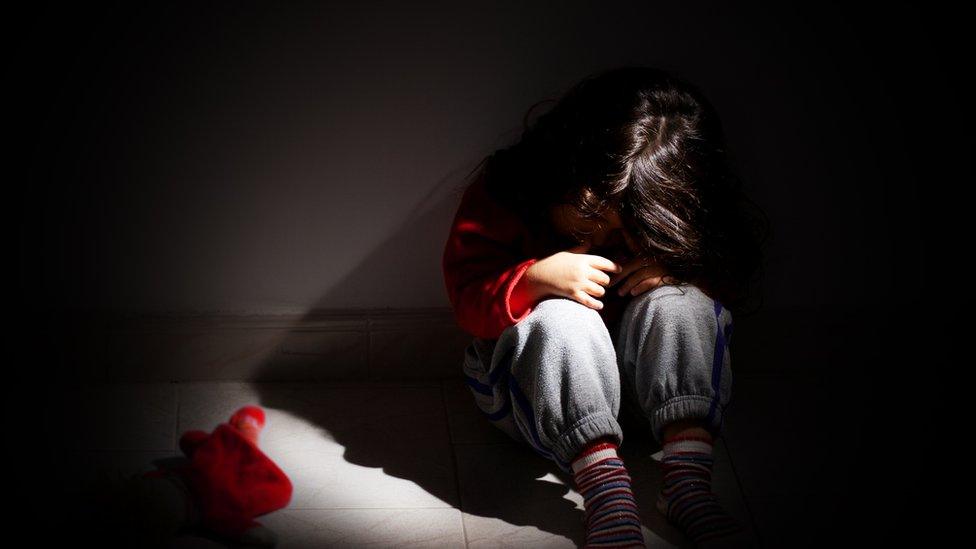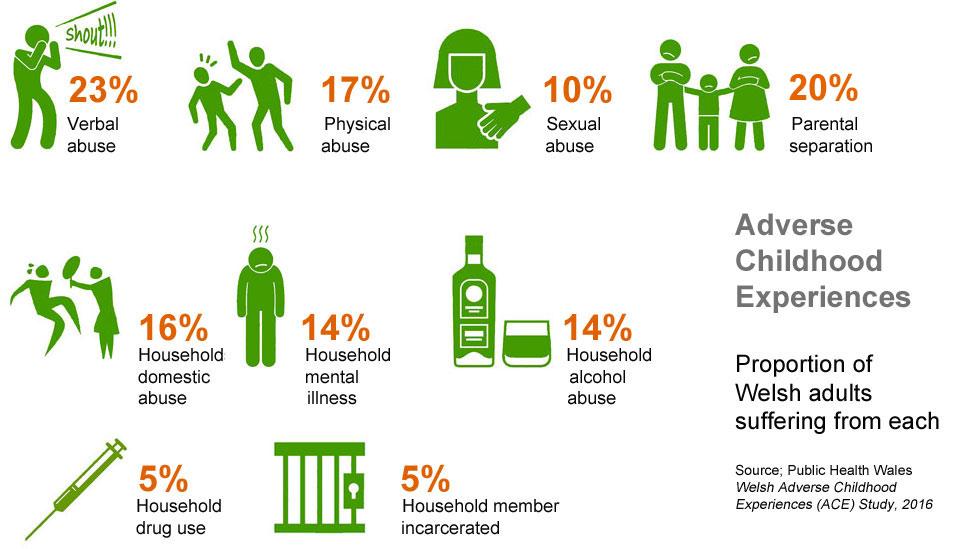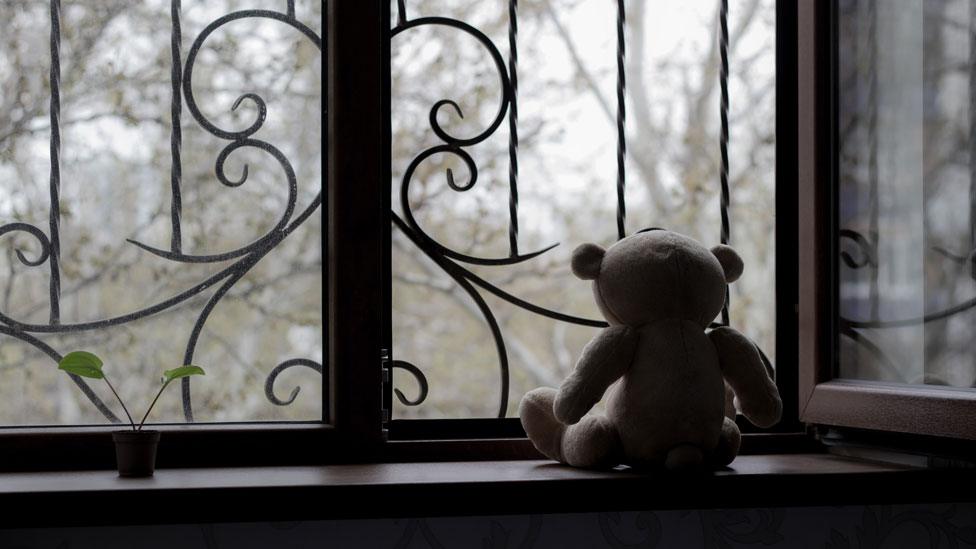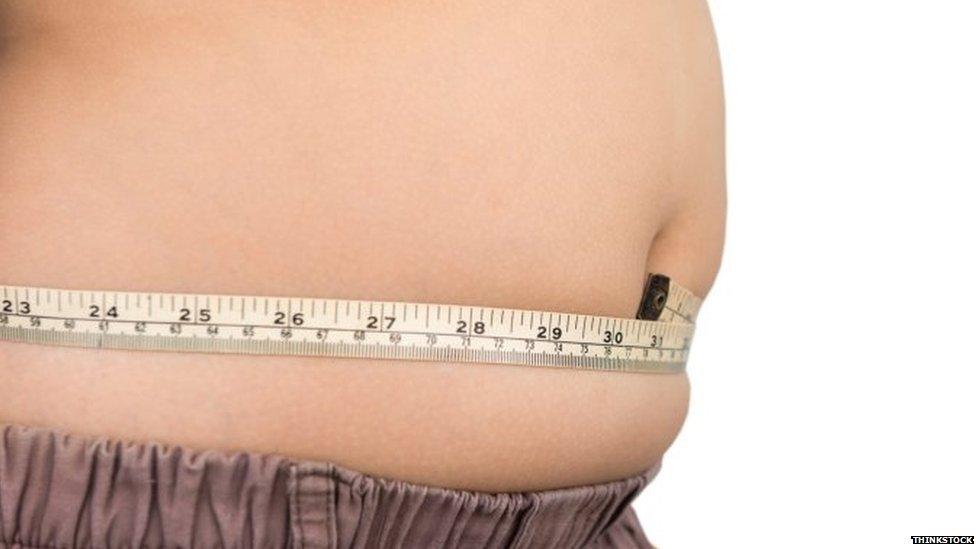Bangor Uni: Childhood trauma 'doubles A&E visit risk'
- Published

People who suffer childhood trauma are more than twice as likely to use basic health services, a study has found.
Bangor University interviewed 5,400 people in England and about 2,000 people in Wales.
It found people with adverse childhood experiences (ACEs) are more than twice as likely to use A&Es and to be frequent GP surgery users.
Prof Mark Bellis said it was "essential" the problems triggered by childhood trauma are recognised.
The findings broadly tally with those of a 2016 Public Heath Wales study, which found children exposed to abuse, domestic violence or other stresses are far more likely to develop long-term health problems.
The latest study suggests a high level of adverse childhood experiences is "common", with 10% of those questioned having suffered four or more traumatic experiences.
ACEs include physical, sexual or emotional abuse or other stresses, such as living in a household with domestic violence, adult substance abuse or mental illness.
Adults who suffered four or more such experiences had "substantially increased" levels of health care use, including as young adults (18-29 years), according to the study by Bangor University's College of Health and Behavioural Sciences.
It found those increases were still apparent decades later.
The Welsh Government said giving children the best possible start in life was a "top priority".
It added adverse experiences could impact health and it had worked to mitigate this with its key programmes Flying Start, Families First and Supporting People. It also contributed £400,000 to the ACE support hub, which aims to increase awareness in Wales.
'Better treatment'
In young adults with no adverse childhood experiences, 12% needed to attend an emergency department in the last year, compared with 29% in those with four or more ACEs.
By the age of 60-69, 10% of individuals with no ACEs required at least one overnight hospital stay in the last year, versus 25% of those with four or more ACEs.
The adult risks of becoming smokers and heavy drinkers or of developing cancer, diabetes and other life-threatening diseases are all increased in people with a history of childhood adversity, said Prof Karen Hughes, who co-authored the paper.

The researchers argued investing in preventing or reducing adverse childhood experiences, as well as addressing the resulting trauma, can help reduce future health service demand and costs.
Prof Bellis said: "A safe and nurturing childhood is a recipe for building stronger, happier children, with a much greater chance of becoming healthy adults."
He added: "As costs of health care escalate in the UK and abroad, it is essential we take a life-course approach to health that recognises the problems we frequently see in adults begin with childhood traumas."
Prof John Middleton, president of the UK of Faculty of Public Health, said there was "a great deal" health and public services can do to help, especially in the poorest communities.
He said: "Investing in quality childhoods can break cycles of adversity that have affected families for generations. However, cutting corners with support for families and children will mean we continue to pay in poor adult health and increased pressures on health services for generations to come."
The Welsh Government has previously said the evidence on the negative impact of ACEs was "overwhelming" and it was "working relentlessly" to prevent and reduce the long-term impact on children who have experienced them.
- Published1 November 2016

- Published6 October 2016

- Published16 March 2016
